Can Wastewater Be Used for Irrigation?| Insights by AQUALITEK
Discover wastewater irrigation with AQUALITEK: expert insights on sustainable irrigation, wastewater reuse benefits, treatment solutions and safe application to enhance water security and crop yields.
Can Wastewater Be Used for Irrigation?
Discover whether wastewater can be safely used for irrigation. Learn about its benefits, risks, treatment methods, and global practices for sustainable water reuse in agriculture.
Introduction
With global water scarcity becoming more pressing, the reuse of wastewater for irrigation is gaining attention. Many countries are exploring wastewater as an alternative resource to reduce freshwater demand in agriculture. But can wastewater really be used for irrigation? The answer depends on proper treatment, management, and application methods.
Benefits of Using Wastewater for Irrigation
1.Water Conservation
Reusing wastewater reduces the demand for freshwater resources, especially in arid and semi-arid regions.
2.Nutrient-Rich Irrigation
Treated wastewater often contains nitrogen, phosphorus, and potassium, which act as fertilizers, reducing the need for chemical inputs.
3.Cost-Effective Resource
Farmers can save costs on both water and fertilizers, making irrigation more affordable.
4.Sustainability
Wastewater reuse supports circular economy principles and promotes eco-friendly agricultural practices.
Risks and Challenges
While wastewater irrigation has clear advantages, it also carries risks if not managed properly:
•Health Risks: Untreated wastewater can contain pathogens, bacteria, and viruses harmful to humans.
•Soil Contamination: Heavy metals and salts may accumulate in soil, reducing fertility over time.
•Food Safety Concerns: Crops irrigated with untreated or poorly treated wastewater may pose risks when consumed.
Treatment Methods for Safe Wastewater Irrigation
To ensure safety, wastewater must undergo adequate treatment before use:
1.Primary Treatment – Removes large solids and debris.
2.Secondary Treatment – Uses biological processes to reduce organic matter and pathogens.
3.Tertiary Treatment – Advanced filtration, reverse osmosis, or disinfection (chlorination/UV) to ensure water meets irrigation standards.
With proper treatment, wastewater can meet international guidelines such as those set by the World Health Organization (WHO) and FAO (Food and Agriculture Organization).
Global Practices of Wastewater Reuse in Irrigation
•Israel: Reuses over 85% of its wastewater for agriculture, setting a global benchmark.
•United States: Several states like California encourage treated wastewater for landscaping and crop irrigation.
•India & China: Actively developing wastewater recycling infrastructure to support water-intensive farming.
FAQ
Q1: Is it safe to use wastewater for irrigation?
Yes, but only when it is properly treated. Treated wastewater removes harmful pathogens and contaminants, making it safe for crops, soil, and public health.
Q2: What are the benefits of wastewater irrigation?
It conserves freshwater, provides nutrients like nitrogen and phosphorus to crops, reduces fertilizer costs, and supports sustainable agriculture.
Q3: What risks are associated with untreated wastewater irrigation?
Untreated wastewater may contain harmful bacteria, viruses, heavy metals, and chemicals that can contaminate soil, reduce crop safety, and pose health risks.
Q4: How is wastewater treated before irrigation?
Wastewater goes through primary (solid removal), secondary (biological treatment), and tertiary (filtration, disinfection) processes to meet irrigation standards.
Q5: Which countries use wastewater for irrigation?
Israel, the U.S. (California), India, and China are leading examples of wastewater reuse in agriculture, especially in water-scarce regions.
Conclusion
So, can wastewater be used for irrigation? Yes — but only when it is properly treated and managed. Treated wastewater provides a sustainable, nutrient-rich, and cost-effective solution for irrigation, helping conserve freshwater resources while supporting agriculture. However, strict guidelines, treatment technologies, and monitoring systems must be in place to protect soil health, food safety, and public health.




Request More Information or Expert Advice
Share a few details, and we’ll provide deeper insights, tailored suggestions, or product support.

Our 500 LPH Reverse Osmosis (RO) System is engineered to provide high-quality purified water for commercial applications. Designed with advanced RO technology, durable components, and a user-friendly interface, this system ensures consistent performance, low maintenance, and long-term reliability.
With its compact design and robust skid-mounted frame, it’s an excellent choice for businesses that demand efficiency and quality in water purification.

Introduction to Green Sand Filter (GSF)
Green Sand Filter (GSF) is an effective water filtration system designed to remove iron, manganese, and hydrogen sulfide from water. Utilizing a specially treated green sand media, this filter works through the process of oxidation and adsorption, where impurities are trapped within the filter media, ensuring clean, clear water. Green Sand Filters are widely used in both residential and industrial applications where water contains high levels of iron and other minerals that can cause staining, unpleasant odors, and corrosion. By providing an efficient and cost-effective solution for water purification, Green Sand Filters help protect plumbing systems, appliances, and enhance water quality for various applications.

Activated Carbon Filter (ACF)
Our Activated Carbon Filter (ACF) is a highly effective water filtration system designed to remove chlorine, organic compounds, unpleasant odors, and harmful contaminants from water. Utilizing activated carbon’s high adsorption capacity, ACFs efficiently trap and eliminate impurities, improving taste, color, and overall water quality. These filters are widely used in industrial, commercial, and residential applications, serving as a critical pre-treatment step for processes like reverse osmosis (RO) and drinking water purification. With their ability to enhance water safety and meet stringent quality standards, Activated Carbon Filters play a vital role in various water treatment systems.

Multi-Media Filter (MMF)
Our Multi-Media Filter (MMF) is a highly efficient water filtration system designed to remove suspended solids, turbidity, and other impurities from water. Unlike single-media filters, MMFs use multiple layers of filtration media—such as sand, anthracite, and gravel—each with varying sizes and densities.
This layered structure allows for superior filtration, increased dirt-holding capacity, and longer operational cycles.
Multi-Media Filters are widely used in industrial, municipal, and commercial water treatment applications, serving as a crucial pre-treatment step for processes like reverse osmosis (RO) and ultrafiltration (UF). By ensuring cleaner water and reducing maintenance needs, MMFs enhance the overall efficiency of water treatment systems.
Copyright © 2025 AQUALITEK. All rights reserved.

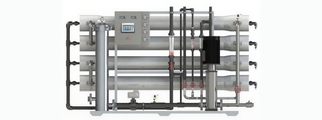
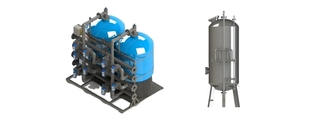
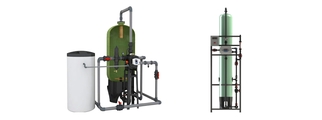
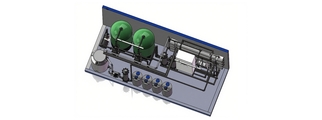
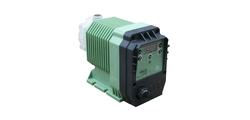
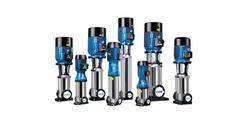
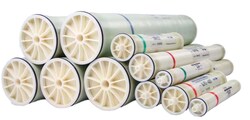
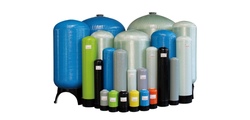
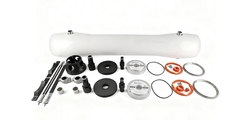
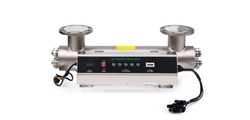
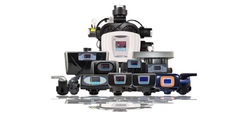
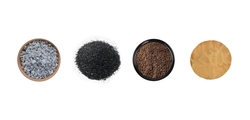
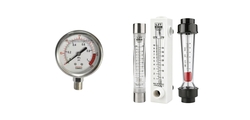
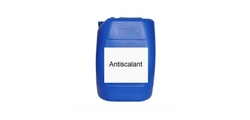
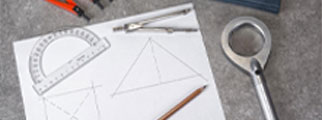



AQT
AQT